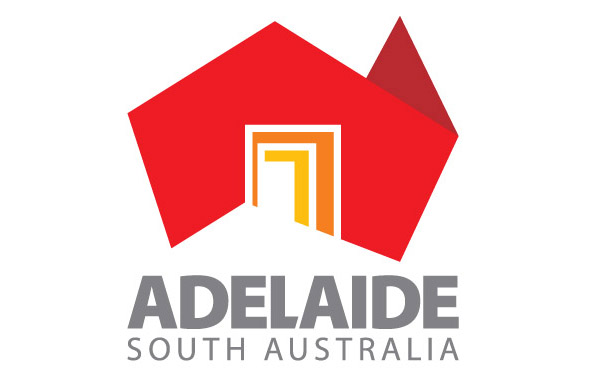
Fair Work Commission increases the minimum wage level with an addition of $15.80 a week
The lowest paid workers in Australia will earn an extra amount of $15.80 a week as per the annual minimum wage decision was taken by the Fair Work Commission.
Justice Iain Ross, the president of Fair Work Commission conveyed the conclusion that the lowest paid workers of the nation will now get an increase in wage payment by 2.4%.
An increase in 2.4% of wage payment shall mean the workers will now earn $672.70 every week. If converted into the hourly basis, a worker earns $17.70 per hour. The commission mentioned that this wage decision will affect over 1.86 million workers of Australia.
The minimum wage was increased by 2.5% in the previous year which amounted to $656.90 every week or calculated as $17.29 per hour.
The change in the minimum wage will come into effect from July 1, 2016.
ACTU expected at least $30 per week for the workers. This increase in wages amounts to half of the amount expected by ACTU.
This rise in wages is anyhow more than what the business groups had argued for. They expected a rise of wages from $7.90 to $10.50.
The retailers believe that they will have to cut down the working hours of the workers or else will have to put a ‘stop’ in entertaining new staff due to the increase in the minimum wages policy. Mr. Russell Zimmerman, from the Australian Retailers Association, mentioned that the rise in wages was more than the expected rates and it was impossible for them to afford the price rise. He further added that this would be unfortunately a big problem for the industry. According to him, he agrees to the retailers as they will have to look at their payrolls and will have to decide if working hours of the workers have to be reduced.
He said that the industry was seen to have a growth of 3.6% annually with some of the state's growing only 0.9%. To this statement, according to his opinion, what this price rise would do is that it would make sure that no more people are employed at the moment and it would be a sad state of the affairs for the industry. He explained giving an example that if an industry is assumed with a large workforce, say of 1000 people, then an increase in the wages of approximately $17.70 every week would turn to be a big slug on the wage bill. If looked towards an industry which has been struggling to maintain its numbers, it would not really give a good outcome.
Mr. Ross believed that increasing the minimum wage would bring betterment to the standard of living or the poor workers in the nation. To this, he said that the households who relied on the low paid wages, their incomes were the reason that brought them to low poverty line.
According to him, it was the ‘modest improvement’ that would certainly not accelerate inflationary pressure. This increasing grade would not give any negative impact on the employment as well as on the inflationary pressure. Instead, the prevailing economic circumstances shall provide an opportunity to improve the relative living standards of the low-paid.
Both the major parties in the Federal Election Campaign focused on the conditions of the lowest paid workers of the nation. Prime Minister Malcolm Turnbull has been campaigning for the promotion of his innovation agenda and medical research in Sydney. The Opposition leader, Bill Shorten shall reveal the Labour’s plan to modify $1 billion of funding allocated for the infrastructure of Northern Australia to a particular fun for tourism like the airports or the convention centers.
The Fair Work Commission has also made changes in the penalty rates any decision relating to this would not be announced before the election on 2nd July. Mr. Turnbull stated that the Coalition had no preparations to change the penalty rates. Hence, the Labor leader was put in a ‘chaotic’ point on the subject of penalty rates.
Mr. Turnbull mentioned that they do not have any plans to change penalty rates as whatever it is; everything is a matter for Fair Work.





